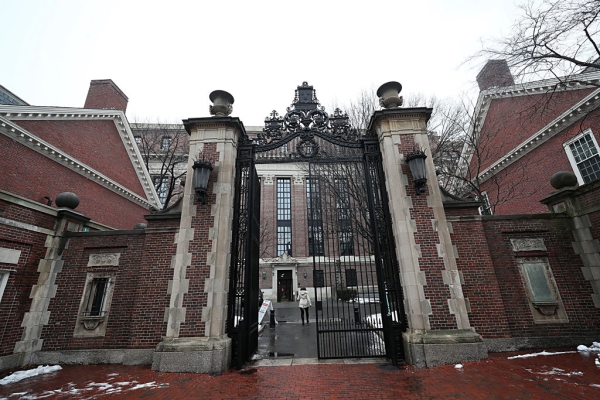The recent subpoena issued by Congress to Harvard University is sending a clear message to higher education institutions across the country. The subpoena, which was issued as part of an ongoing investigation into the university’s admissions policies, highlights the increasing scrutiny that colleges and universities are facing when it comes to their practices.
The Harvard subpoena is just the latest in a series of investigations and inquiries that have been launched in recent years into various aspects of higher education. From admissions and financial aid practices to student outcomes and campus diversity, colleges and universities are facing increasing pressure to justify their policies and procedures.
The message that Congress is sending with this subpoena is clear: higher education institutions must be held accountable for their actions. While colleges and universities have long enjoyed a certain level of autonomy and freedom from government oversight, that may be changing in the face of mounting concerns about issues such as affordability, diversity, and transparency.
The Harvard subpoena is also a reminder that higher education institutions are not above the law. While colleges and universities are often seen as bastions of knowledge and learning, they are also subject to the same laws and regulations as any other institution. Congress has made it clear that it will not hesitate to investigate and intervene in matters related to higher education when necessary.
Ultimately, the Harvard subpoena serves as a wake-up call for colleges and universities to take a hard look at their practices and policies. It is a reminder that higher education is not immune to scrutiny and that institutions must be transparent and accountable in all aspects of their operations.
As Congress continues its investigation into Harvard and other higher education institutions, it is likely that more subpoenas and inquiries will follow. Colleges and universities would be wise to heed the message that Congress is sending and to take proactive steps to ensure that they are operating in a manner that is ethical, fair, and in the best interests of their students and the public.



